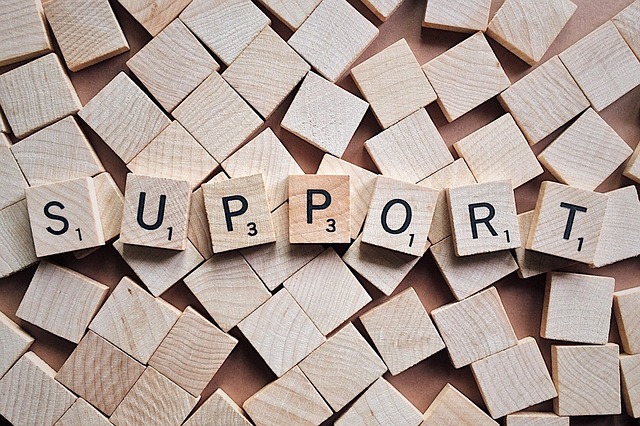Do you have a family court hearing to attend? Are you considering representing yourself?
If so, consider taking a McKenzie Friend with you to court.
Here are 7 ways a McKenzie Friend can help you at your hearing.
1. Moral support
You may be lucky enough to enjoy the support of family and good friends or you may have decided against involving anyone else in your case. Either way, a McKenzie Friend can help you.
Your McKenzie Friend is someone impartial who is there to listen to you, offer advice be a sounding board – as well as assisting you throughout your hearing, including while waiting in court for your case to be called.
2. Paperwork
Going to court involves preparing paperwork and sending your paperwork to the court and to the other party according to certain rules and deadlines. During your hearing, you will be looking at paperwork provided by the other party.
Your McKenzie Friend can assist you with your paperwork in a number of ways including helping to prepare documents, organising your paperwork and ensuring that you have included everything you need to include.
3. Explanations
Proceedings can sometimes move at pace during a hearing, particularly if the other party has a solicitor or barrister representing them. If you are there on your own, you may not realise that you have missed something that is being discussed that impacts on you directly.
Your McKenzie Friend will be paying attention, taking notes and will explain things to you quietly during the hearing while reminding you about anything in your case that is relevant to what is being discussed in court so that you can raise any issues in front of the judge, while the hearing is still in progress.
4. Negotiations and discussions
When you attend a family hearing, there may be discussions and/or negotiations that have to take place before you go into the courtroom.
Sometimes, a judge will ask the parties to leave the courtroom to discuss issues, with a view to everyone reaching a timely agreement.
Your McKenzie Friend will be there with you during these discussions and negotiations to help, including: explain your position, explain to you what is happening and check that you understand what you are being asked to agree to.
5. Note-taking
When you are in the courtroom and in front of the judge, a lot of information will be covered, over and above the detail of your case, such as: specific things the judge will ask all the parties (you and the other person or people in the case) to do or to provide, key dates, availability, future hearings and the detail of any particular arrangements.
Having a McKenzie Friend with you to note down all the information for you can be invaluable.
The court (or the lawyer for the other party, if the other party is represented), will write up the judge’s order, but there are two reasons why having notes from your McKenzie Friend will help you:
Reason 1: the court order will not provide details of all the discussions that have taken place (unless the judge includes them all under one of the sections of the order).
Reason 2: there can be lengthy administrative delays, and it can take weeks for the court to send your court order to you.
6. Questions
If you have been to court before, you will know that sometimes there is so much going on that you forget to ask questions.
Your McKenzie Friend can assist you with your questions, by:
- reminding you of the questions you need or wanted to ask,
- raising questions that you might like to ask, based on what is happening during the hearing and
- raising any supplementary questions that you may not have considered
7. Preparation
I have saved this one for last, but I believe it is the most important one of all. Unfortunately, it is the thing that most people leave out. Careful preparation for each hearing should be your focus. I have a number of tried and tested strategies I can use to help you to prepare for your hearing.
To find out more about how I can help you, get in touch.
Copyright © Going to Court Alone – Debbie Thomas
Image by Pixabay

